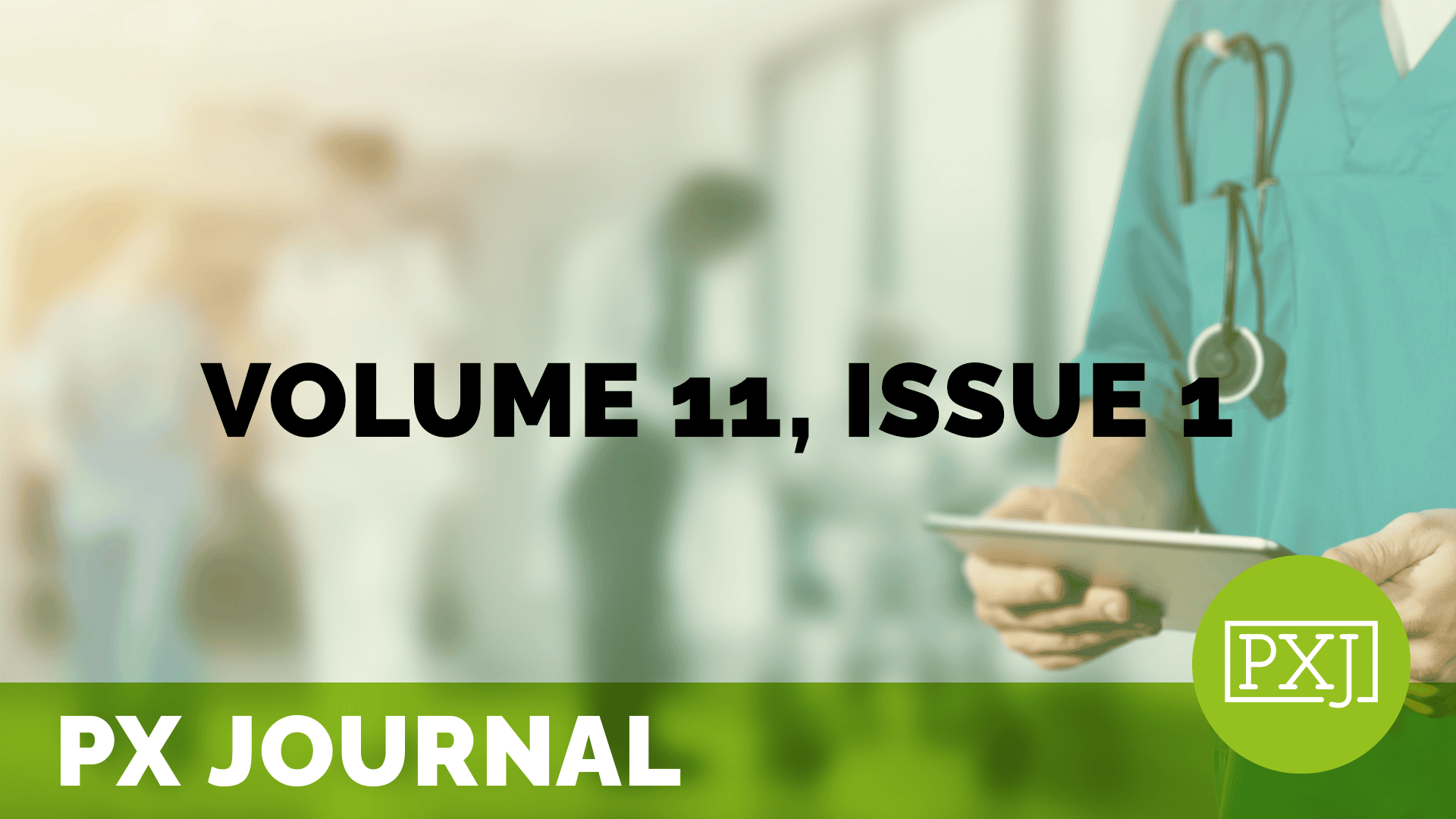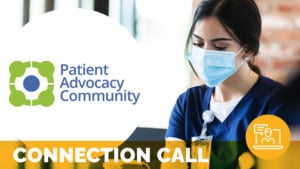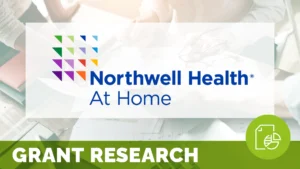Refining Successful Implementation Strategies for the Surgical Safety Checklist in High-Income Contexts: Results of an International Mixed Methods Study

The WHO Surgical Safety Checklist (SSC) continues to show inconsistent success in reducing surgical complications in high-income settings. Previous implementation research identified potential barriers and facilitators to success, but it primarily consists of qualitative studies with small sample sizes in limited geographic areas. We conducted a multi-country mixed-methods study of barriers and facilitators to SSC implementation to better inform policies and practices for improving SSC buy-in and use to maximize its impact. This convergent parallel mixed-methods study utilized survey and interview data from surgical team members practicing in five countries. Survey data were analyzed using χ2 analysis or Fisher’s exact test for categorical variables and McNemar’s test to analyze differences between related groups for dichotomous variables. Interview data underwent inductive coding followed by thematic analysis for predominant themes common across the study countries. The study resulted in 2,032 survey responses and 51 interviews. Facilitators to success included having influential multi-disciplinary champions from surgery, anesthesiology, and nursing; using a distributed leadership process to promote ownership across all surgical team members; and providing education on the “why” of the checklist. Practitioners found patient safety metrics (e.g., wrong side surgery) more relevant than clinical outcome measures (e.g., surgical mortality) to assess SSC success. Finally, auditing for process engagement was felt to promote more meaningful use than auditing for checklist completion. Our international examination of barriers and facilitators to successful SSC implementation has identified more specific guidance for high-income settings that integrate people, data, and processes.
Related content
-
 Policy & Measurement | Quality & Clinical Excellence
Policy & Measurement | Quality & Clinical ExcellenceWe need to be the patient in the room
Transgender activist Emily Newberry joins Director of Community Experience, Amy Kwiatkowski to share her multi-decade journey of acceptance and understanding and how it led her to the field of patient experience and advocacy. Listen as Emily describes how her own experience navigating the health care system as a transgender woman inspired her to be persistent
Learn more -
 Culture & Leadership | Patient Family & Community Engagement | Quality & Clinical Excellence
Culture & Leadership | Patient Family & Community Engagement | Quality & Clinical ExcellencePatient Advocacy Community Connection Call: Leader Rounding
This Patient Advocacy Community Connection Call focused on leader rounding as a follow-up to the webinar, Leader Rounding: A Proactive Approach to Improve Experience, held on October 10, 2023. *Please note: Calls do not provide patient experience education credit (PXE).
Learn more -
 Quality & Clinical Excellence
Quality & Clinical ExcellenceA Qualitative Study Examining Patient Experience Factors and Drivers within the Home Health Setting
As demand for home care increases at a rapid pace, it is important to understand what patients value most during the home care episode and what touchpoints have the biggest influence on the perception of experience. This research by Northwell Health At Home, supported by a grant from The Beryl Institute, offers a unique opportunity
Learn more
